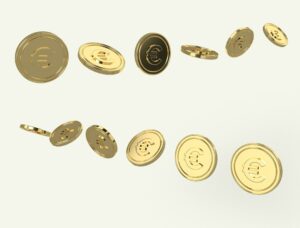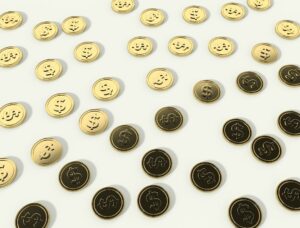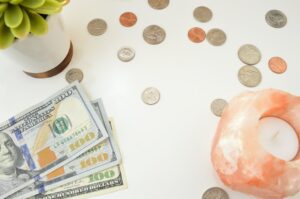How to Minimize Forex Slippage for Better Trading Performance
In the world of forex trading, slippage is an inevitable reality that all traders must contend with. Slippage occurs when there is a difference between the expected price of a trade and the price at which the trade is executed. This can happen due to market volatility, liquidity issues, or simply delays in executing trades. While slippage is a common occurrence, it can have a significant impact on trading performance. In this article, we will explore the concept of slippage and discuss strategies to minimize its impact on your trading.
Understanding Slippage
To understand how to minimize slippage, it is essential to first understand how it occurs. Slippage can happen in both directions, either positive or negative. Positive slippage occurs when the executed trade price is better than the expected price, resulting in a profit for the trader. On the other hand, negative slippage occurs when the executed trade price is worse than the expected price, resulting in a loss for the trader.
Slippage can occur during high volatility periods, such as news releases or market openings, when there is a sudden influx of trading activity. This increased activity can lead to a lack of liquidity in the market, causing prices to move quickly and resulting in slippage. Slippage can also occur due to delays in order execution, especially in fast-moving markets where there may be a lag between the time a trade is placed and the time it is executed.
Minimizing Slippage
While it may not be possible to completely eliminate slippage, there are several strategies that traders can employ to minimize its impact on their trading performance.
1. Use Limit Orders: One of the most effective ways to reduce slippage is to use limit orders instead of market orders. A limit order specifies the maximum price at which you are willing to buy or the minimum price at which you are willing to sell. By using limit orders, you have more control over the price at which your trade is executed, reducing the likelihood of slippage.
2. Avoid High Volatility Periods: Slippage is more likely to occur during high volatility periods when there is increased market activity. To minimize slippage, it is advisable to avoid trading during these periods or to adjust your trading strategy to account for the potential for slippage. This may involve widening your stop-loss and take-profit levels to accommodate larger price movements.
3. Choose a Reliable Broker: The choice of a forex broker can also have a significant impact on slippage. It is important to choose a broker that has a reputation for fast and reliable order execution. Look for brokers that offer low latency connections, multiple liquidity providers, and advanced order routing technology to minimize the potential for slippage.
4. Monitor Market Depth: Market depth refers to the availability of buy and sell orders at different price levels. By monitoring market depth, you can get a better understanding of the liquidity in the market and the potential for slippage. Some trading platforms provide market depth data, allowing you to see the number of orders at different price levels. This information can help you adjust your trading strategy to minimize slippage.
5. Set Realistic Expectations: Slippage is a natural part of forex trading, and it is important to set realistic expectations. While it can be frustrating to experience slippage, it is essential to understand that it is a normal occurrence. By setting realistic expectations and understanding the potential for slippage, you can better manage your emotions and make more informed trading decisions.
Conclusion
Slippage is an unavoidable aspect of forex trading, but by implementing the strategies discussed in this article, you can minimize its impact on your trading performance. Using limit orders, avoiding high volatility periods, choosing a reliable broker, monitoring market depth, and setting realistic expectations are all effective ways to reduce slippage. However, it is important to remember that slippage is a natural part of trading and cannot be completely eliminated. By understanding and managing slippage, you can become a more successful and profitable forex trader.






